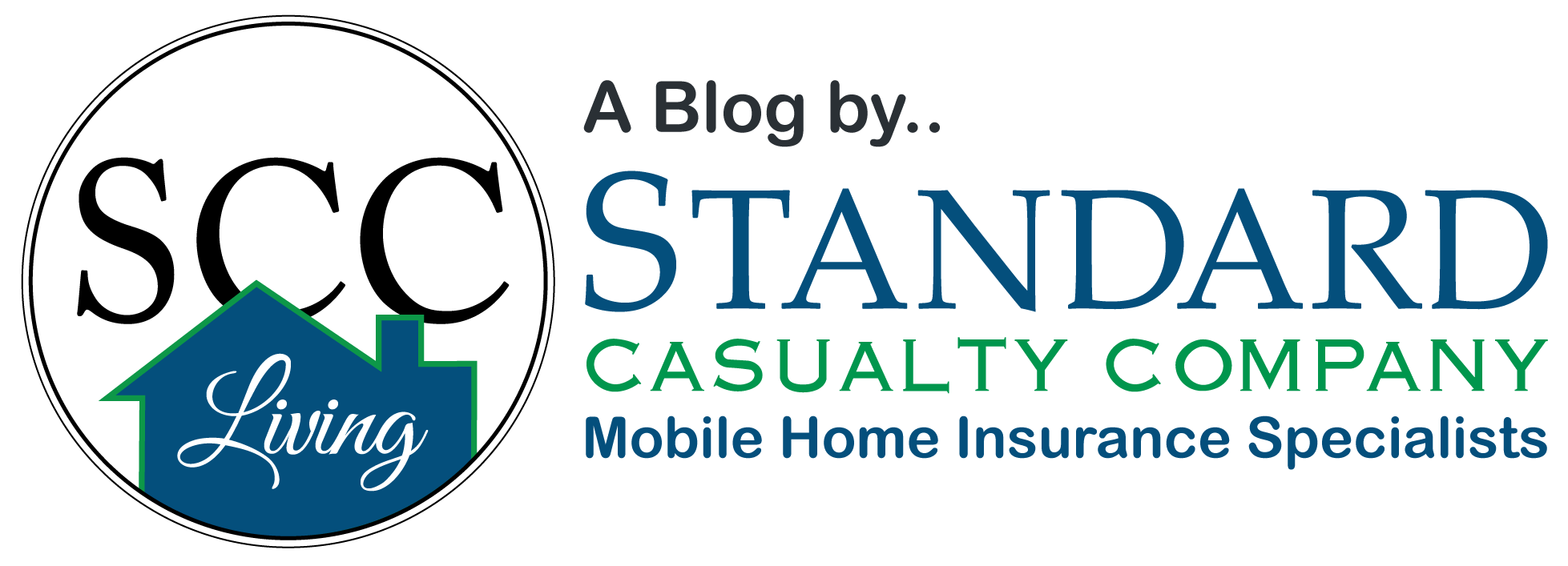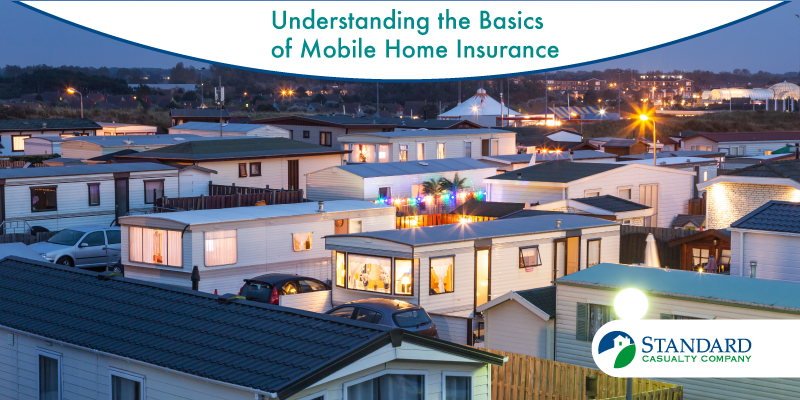


Owning a mobile home offers a unique sense of freedom and homeownership, but it also comes with the responsibility of safeguarding your investment. Mobile home insurance is a crucial aspect of protecting your property and possessions from unexpected events and liabilities. In this comprehensive guide, we'll walk you through the fundamental aspects of mobile home insurance, helping you make informed decisions to ensure your peace of mind.
Mobile home insurance, also known as manufactured home insurance, is a type of coverage designed specifically for homes that are constructed off-site and then transported to their final location. This insurance provides financial protection against a wide range of risks, including damages, theft, liability claims, and more.
Dwelling coverage protects the physical structure of your mobile home. It helps cover the cost of repairs or reconstruction if your home is damaged by covered perils such as fire, storms, vandalism, or other unforeseen events.
This component covers your personal belongings within the mobile home, including furniture, appliances, clothing, and electronics. If your possessions are damaged or stolen, your policy can help you replace them, with the correct coverage.
Personal Liability coverage is essential in case someone is injured while on your property or if you accidentally cause damage to someone else's property. It covers legal expenses and potential settlements if you're found liable for an accident.
If your mobile home becomes uninhabitable due to a covered event, ALE coverage can assist with the costs of temporary accommodation, meals, and other living expenses.
If a guest is injured on your property, this coverage can help with their medical expenses, regardless of who is at fault.
Depending on your needs, you might choose to add optional coverages, such as flood insurance (if you're in a flood-prone area), earthquake coverage, and coverage for valuable items like jewelry or electronics.
The region where your mobile home is located significantly impacts your insurance premium. Areas prone to natural disasters or higher crime rates can result in higher premiums.
Older homes might have higher premiums due to potential maintenance issues and wear and tear.
The amount of coverage you select and the deductible you choose can influence your premiums.
Installing safety devices like smoke detectors, burglar alarms, and deadbolts can lead to premium discounts.
A history of frequent claims might result in higher premiums, and denial from some insurance providers.
When selecting mobile home insurance, it's important to assess your specific needs. Consider factors like your home's location, the value of your belongings, and your financial situation. Carefully review policy details, coverage limits, and exclusions to ensure you're adequately protected.
Mobile home insurance is a vital investment for protecting your property, possessions, and financial well-being. By understanding the key components, optional coverages, and factors that impact your premiums, you can make informed choices that suit your needs and budget. To ensure you receive the best coverage at the most competitive rates, compare quotes from multiple insurers and don't hesitate to seek advice from insurance professionals. With the right coverage in place, you can enjoy the benefits of mobile homeownership with confidence and peace of mind.
We exist to provide DIY and Lifestyle content that is targeted towards Budget-Minded Homeowners. We hope to teach and inspire our readers and ultimately, enrich their lives.